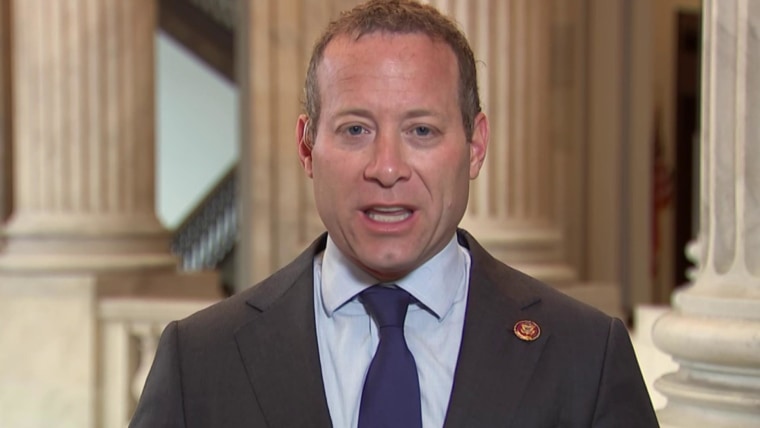The GOP-controlled Senate unanimously passed a bill Wednesday that seeks to fix the Paycheck Protection Program, which provides direct relief to small businesses amid the coronavirus pandemic.
Senate Majority Leader Mitch McConnell, R-Ky., asked for a unanimous consent vote Wednesday evening and received no objection hours after Sen. Ron Johnson, R-Wisc., objected to its passage because he wanted assurances of changes to be made at a later time to the program.
It now awaits President Donald Trump's signature.
The bill, called the Paycheck Protection Flexibility Act, eases restrictions on the popular program and comes after the program was scrutinized for providing aid to unintended recipients, such as large publicly-traded companies and many businesses around the country complained they either could not tap into loans or did not receive adequate funds to keep their business afloat and employees on the payroll.
Last week, the Democrat-controlled House passed the bipartisan bill, which made changes to how businesses can use loan money while still getting their loans forgiven. The vote was nearly unanimous at 417-1.
Under this bill, businesses would have more time to use their loan money beyond the initial 8-week timeline, which some local businesses that are prohibited from opening their doors previously said did not work for them, and still qualify for loan forgiveness. It also expands how much of the funds would have to be spent on payroll costs.
The bill also eliminates restrictions limiting non-payroll expenses to 25 percent of the loan and the loan terms to 2 years. It also extends the deadline to rehire employees to align with the expiration of enhanced Unemployment Insurance, which was created through the CARES Act, and in some cases is higher than the median wage in 44 states.
Many businesses have reported an inability to rehire employees because they are making more on unemployment than they made working.




